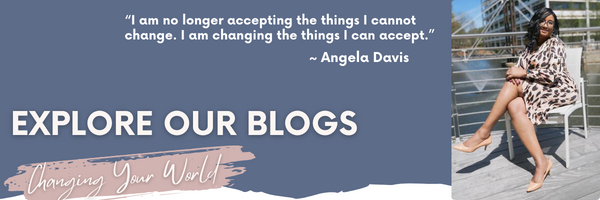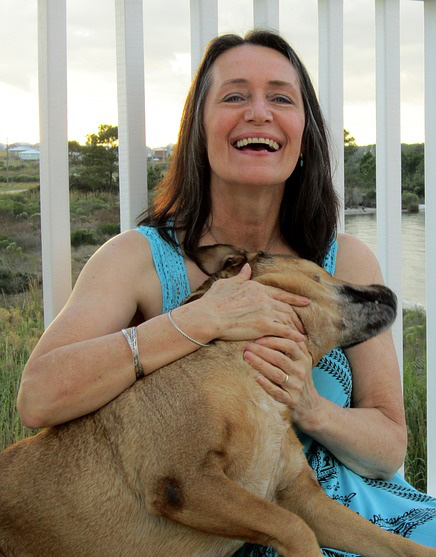

Divorce is one of life’s most challenging transitions. It’s a period filled with rampant emotions, and feelings that emerge can create a space for loneliness. Even if your marriage wasn’t fulfilling, the end of a partnership can leave a void. As a post-divorce coach, I understand the pain and isolation you might be experiencing. However, it’s important to remember that loneliness is a phase, not a permanent state. With the right approach, you can navigate this period and emerge stronger and more connected with yourself and others.
Understanding Loneliness
Loneliness after divorce is multifaceted. It’s not just about the absence of your partner; it’s also about the loss of the life you had imagined together. You might feel isolated, even in the company of friends and family. This is because loneliness is more about the quality of your connections than the quantity. To begin healing, it’s crucial to acknowledge these feelings without judgment.
Embrace Your Emotions
The first step to overcoming loneliness is to embrace your emotions. It’s okay to feel sad, angry, or confused. These feelings are valid and a natural part of the grieving process. Allow yourself to feel these emotions fully. Journaling can be a helpful tool to process your thoughts and feelings. Writing down your experiences provides an outlet for your emotions and can offer insights into your healing journey.
Reconnect with Yourself
Divorce can leave you questioning your identity. You may have spent so much time being part of a couple that you’ve lost touch with who you are as an individual. This is an opportunity to reconnect with yourself. Explore your interests, hobbies, and passions. Try new activities that excite you. Rediscover what makes you happy and fulfilled. This process of self-discovery can be empowering and help rebuild your self-esteem.
Build a Support System
One of the most effective ways to combat loneliness is to build a strong support system. Reach out to friends and family members who are supportive and understanding. Don’t hesitate to express your needs and ask for help. Join support groups, either in-person or online, where you can share your experiences with others who are going through similar situations. These connections can provide comfort and reduce feelings of isolation. The catalyst is to make sure you’re in the right support groups – ones that are focused on change, and not just having the same conversation week after week.
Focus on Self-Care
Self-care is crucial during this time. Prioritize activities that nourish your body, mind, and soul. Exercise regularly, eat healthily, and get plenty of sleep. Meditation and mindfulness practices can help reduce stress and promote emotional well-being. Pamper yourself with activities that you enjoy, whether it’s a relaxing bath, a good book, or a walk in nature. Taking care of yourself is not selfish; it’s necessary for this journey.
Set Goals and Create a Routine
After a divorce, your life may feel chaotic and directionless. Setting goals and creating a daily routine can provide structure and a sense of purpose. Start with small, achievable goals and gradually work your way up. Having a routine helps ground you and can create more manageable days. Celebrate your achievements, no matter how small, as each step forward is a victory.
Cultivate New Relationships
Don’t close off the possibility of forming new relationships. These need not be romantic; building friendships and connections is equally valuable. Engage in activities and communities where you can meet new people who share your interests. Volunteering can also be a rewarding way to connect with others and gain a sense of fulfillment by helping those in need.
Seek Professional Help
If you find that loneliness is overwhelming and persistent, it might be helpful to seek professional help. Having someone to talk to can provide a safe space to explore your feelings and offer strategies to cope with loneliness. Sometimes, having an objective perspective can make a significant difference in your healing process.
Practice Gratitude
Gratitude is a powerful tool for shifting your focus from what was lost to what you still have. Each day, take a moment to reflect on the positive aspects of your life. It could be something as simple as a sunny day or a kind word from a friend. A gratitude journal can help you develop a more positive outlook and remind you of the good things in your life.
Moving Forward
Remember, healing from divorce is a journey, not a destination. Be patient with yourself and recognize that it’s okay to take one step at a time. Loneliness is a temporary state, and with effort and support, you can navigate this challenging period and emerge stronger.
As you move forward, remember that you are not alone. Many have walked this path before you and have found happiness and fulfillment on the other side. Compassion and determination can help you navigate loneliness and rediscover the joy of living.
If you’re struggling with loneliness after divorce, reach out for support. As a post-divorce coach, I’ve experienced the pain of loneliness and can offer supportive tools to guide you through this journey and help you find your way to a brighter, more connected future.


Embracing the New You: How Divorce Transforms Women for the Better
Spread the love Divorce is often seen as a devastating event, a painful end to what was once a hopeful beginning. However, it’s essential to


Navigating Loneliness After Divorce: A Path to Healing and Rediscovery
Spread the love Divorce is one of life’s most challenging transitions. It’s a period filled with rampant emotions, and feelings that emerge can create a


The Impact on Self-Worth After Divorce
Dive into the journey of self-worth after divorce. Discover resilience, growth, and the power of self-compassion. Embrace your worth beyond relationship status


